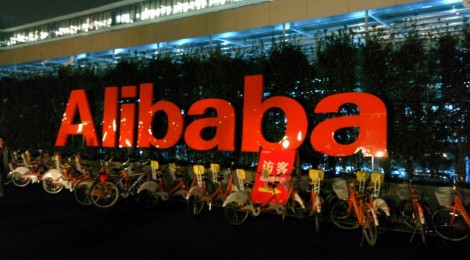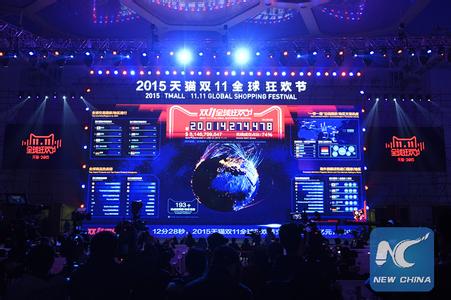
China’s Double Eleven: not just Singles, Alibaba is celebrating too
In China, November 11th is the “Singles’ Day”. According to the fact that numbers have always played a significant role in Chinese culture, the date was chosen because it contains four ones (11/11) and today it is commonly referred to as the “double eleven”. Starting from the 1990s, the holiday has been observed playfully and with not a great enthusiasm by unmarried Chinese men to celebrate, or maybe bemoan, their singleness and to exchange presents. Therefore, the celebration implied some gift-giving, just as Saint Valentine’s day, but the main thing of the festivity was socialization and eat symbolic foods such as long sticks of fried dough, which resembles the number one.
In the last decade, this hol iday has moved beyond the province of lonely shoppers and become an occasion for massive movements of merchandise, also for not Chinese vendors. This year, a long list of foreign companies waited for the clock to hit midnight to sell their products in the China’s biggest online consumer-to-consumer and business-to-consumer marketplaces: Taobao and Tmall, part of Alibaba, and its rival JD.com. This year, Alibaba sold €13.2 billion worth of products, topping last year’s total for the world’s biggest online shopping day with €8.6 billion. “The 2015 sale has eclipsed last year’s final results in a little over half the time,” said Jack Ma, executive chairman of Alibaba. Statistics from Alibaba showed that online shoppers from China’s developed eastern and southern cities made major contribution to the boost in November 11 sales. Guangdong province, Zhejiang province, Jiangsu province, Shanghai and Beijing were the top-buying regions in China before noon.
iday has moved beyond the province of lonely shoppers and become an occasion for massive movements of merchandise, also for not Chinese vendors. This year, a long list of foreign companies waited for the clock to hit midnight to sell their products in the China’s biggest online consumer-to-consumer and business-to-consumer marketplaces: Taobao and Tmall, part of Alibaba, and its rival JD.com. This year, Alibaba sold €13.2 billion worth of products, topping last year’s total for the world’s biggest online shopping day with €8.6 billion. “The 2015 sale has eclipsed last year’s final results in a little over half the time,” said Jack Ma, executive chairman of Alibaba. Statistics from Alibaba showed that online shoppers from China’s developed eastern and southern cities made major contribution to the boost in November 11 sales. Guangdong province, Zhejiang province, Jiangsu province, Shanghai and Beijing were the top-buying regions in China before noon.
Alibaba’s story so far has been one of canny innovation and a clear focus on how to win competitive advantage in China. When in 2014 Alibaba Group Holding Ltd.’s decided to go public, its initial public offering became was the biggest ever at more than €23 billion. E-commerce in general has been booming in China in the last years, thanks to a population connected to an increasingly expanding network and, according to the last statistics, equal to 668 million users.
Foreign companies are being welcomed into China as Beijing tries to stimulate growth by increasing consumption. The boom in online commerce is a major part of that plan – so much that the office of Premier Li Keqiang showed support and encouragement to Alibaba, congratulating for the initiative launched six years ago. Although online purchases still account for only about 10 percent of China’s overall retail sales, according to Xiaoping Ma, an HSBC economist, government officials “are pretty optimistic, because they see this part of the economy growing very fast. That will have significant future implications.”
With regard to this mass consumption festivity, someone like Dr. Xue Li has been sustaining that it reflects China’s lack of core values, which, in his vision, are been replaced by the “religion” of worshiping money and material things.




